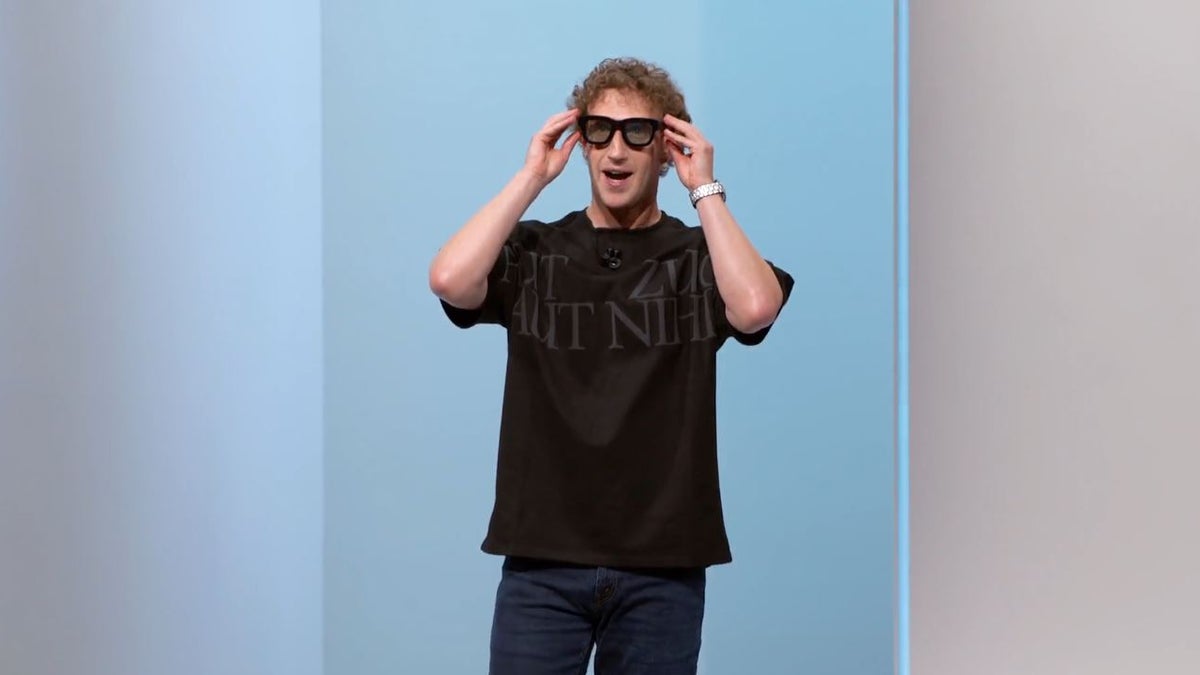According to the report, Meta’s plans for Hypernova include a measly two-year product life cycle. By then, 2027, the company will be ready to introduce a consumer version of the long-awaited Meta Orion AR smart glasses, if everything goes according to plan.
Hypernova are expected to retail for around $800, but the XR (Extended Reality) market just isn’t developed enough for most people to spend that much on something that will be dead in two years.
According to the report, Hypernova will enter mass production this year, and Meta expects to sell 200,000 units at most. The only reason Meta is rushing this to the market at a loss is to get ahead of Apple, and to be able to study user data before competitors.
Apple CEO Tim Cook is obsessed with this emerging industry, but Meta CEO Mark Zuckerberg has already poured billions into capturing XR market share with the Quest VR headsets. Zuckerberg is convinced that smart glasses are the future of computing and the successor to the smartphone, and so he is willing to do whatever it takes to win.
Lastly, according to the report, the Hypernova glasses will mostly focus on AI. Meta AI made the Ray-Ban smart glasses extremely successful, despite their lack of a display. The company can, in my opinion, do so much more with Hypernova, because they do have a display.
It’s not a proper AR display — that’ll likely happen in 2027 — but it’s still very promising.
“Iconic Phones” is coming this Fall!
Good news everyone! Over the past year we’ve been working on an exciting passion project of ours and we’re thrilled to announce it will be ready to release in just a few short months.









